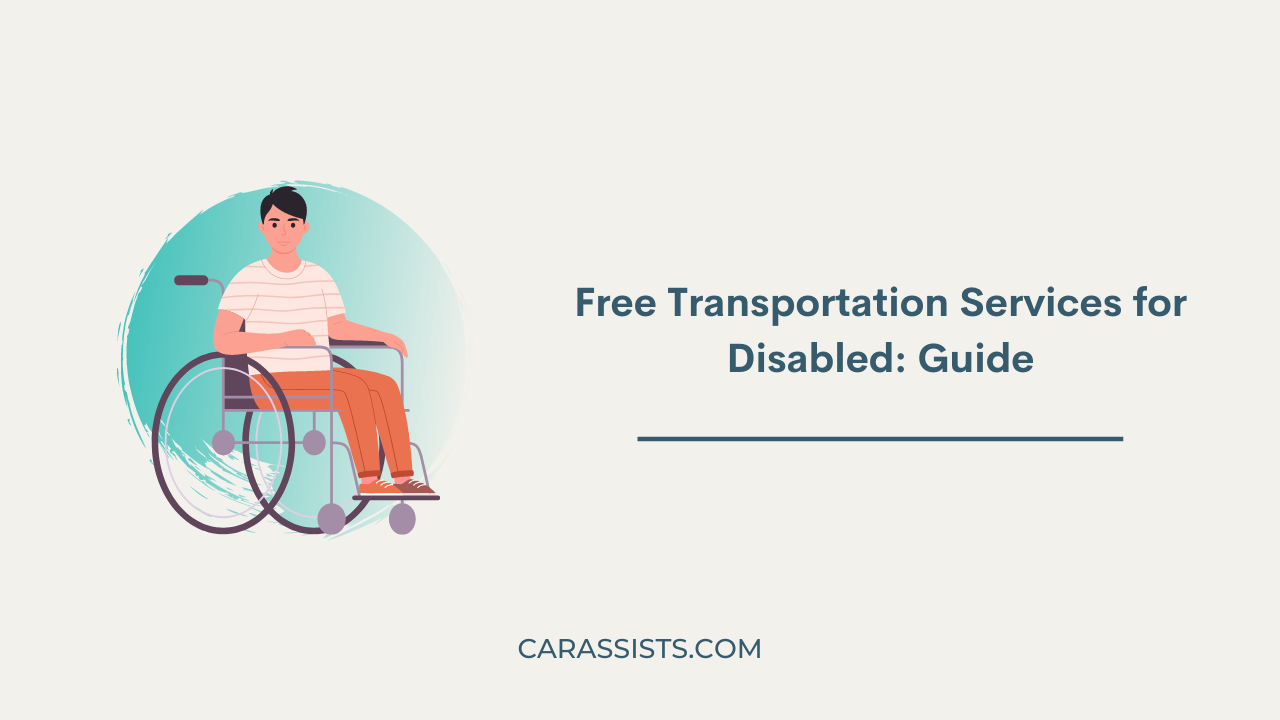This is my complete guide to Free Transportation Services for Disabled.
In the United States, disabled people have been provided with a variety of benefits. If you are looking for a way to get transportation services for the disabled, you’ve come to the right place.
There are various disabled care transportation services in the United States that manifest themselves in the form of charitable organizations programs, government welfare schemes and much more.
In this article, we are going to talk about different ways through which you can get disability transportation services to go to the doctor’s appointment, family and any other place you want to.
We are going to explain some eligibility requirements that need to be fulfilled in order to get these transportation services for disabled people.
Why Are Transportation Services for the Disabled Important
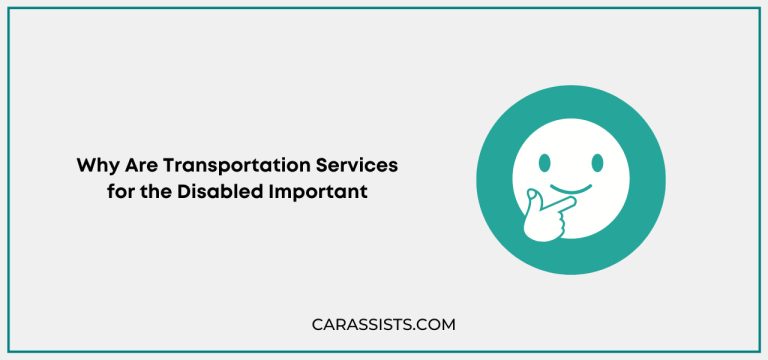
Caring for disabled individuals poses transportation challenges, but free services are available for emergencies and daily needs.
These services promote independent living, helping disabled adults and caregivers access essential destinations. Local organizations also offer accessible travel training to ensure safe, reliable transport for those with mobility issues.
How to Get Free Transportation Services for Disabled Near Me
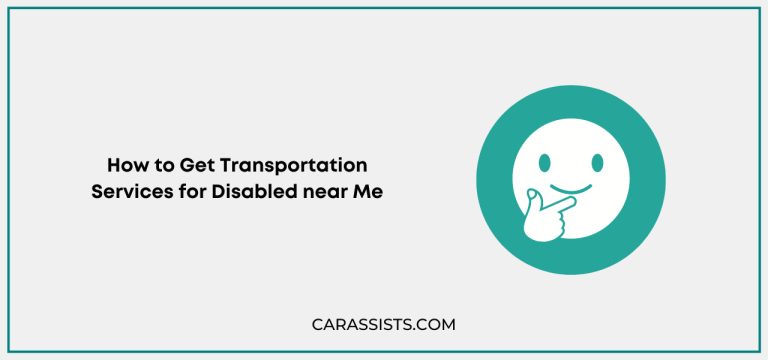
We’ll explore easy transportation options for disabled individuals, whether with caregivers or alone. In large cities, public buses, rail, or trolleys offer accessibility, while rural areas may rely on pre-booked volunteer services. We’ll outline how to navigate transportation based on your location and needs.
Paratransit Services
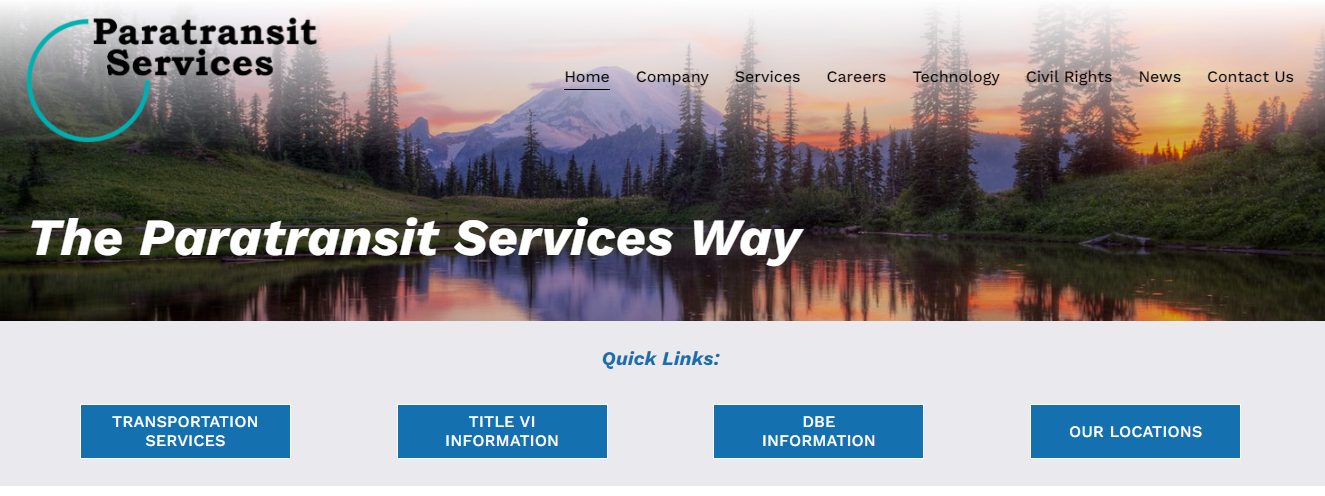
Organizations must provide paratransit services to individuals unable to use standard public transit, as mandated by the Americans with Disabilities Act (ADA). Paratransit operates on the same schedules and routes as regular services, typically using accessible vans.
Travel plans should be made a day in advance, with passengers ready 15 minutes before the scheduled pickup and a 30-minute window for arrival. To ensure a seamless experience, it’s advised to confirm details and book in advance if required.
Non-Emergency Medical Transportation [Nemt]
![Non-Emergency Medical Transportation [Nemt]](https://carassists.com/wp-content/uploads/2024/01/Non-Emergency-Medical-Transportation-Nemt.jpg)
The Medicaid program offers NEMT, covering transportation to medical appointments. Some private insurance and Medicare Advantage plans may also include this benefit. Eligibility and services vary by state, with transportation typically provided by taxis, wheelchair vans, or community organizations. Check their website or your insurance provider for details.
Volunteer Groups

Some charitable and religious organizations offer transportation services and free charity car for disabled adults, including “door-to-door” or “door-through-door” assistance. Volunteer drivers use personal or organization vehicles. Eligibility criteria must be met, but the process is simple for caregivers or disabled individuals needing help with appointments, including medical visits.
Mobility Managers
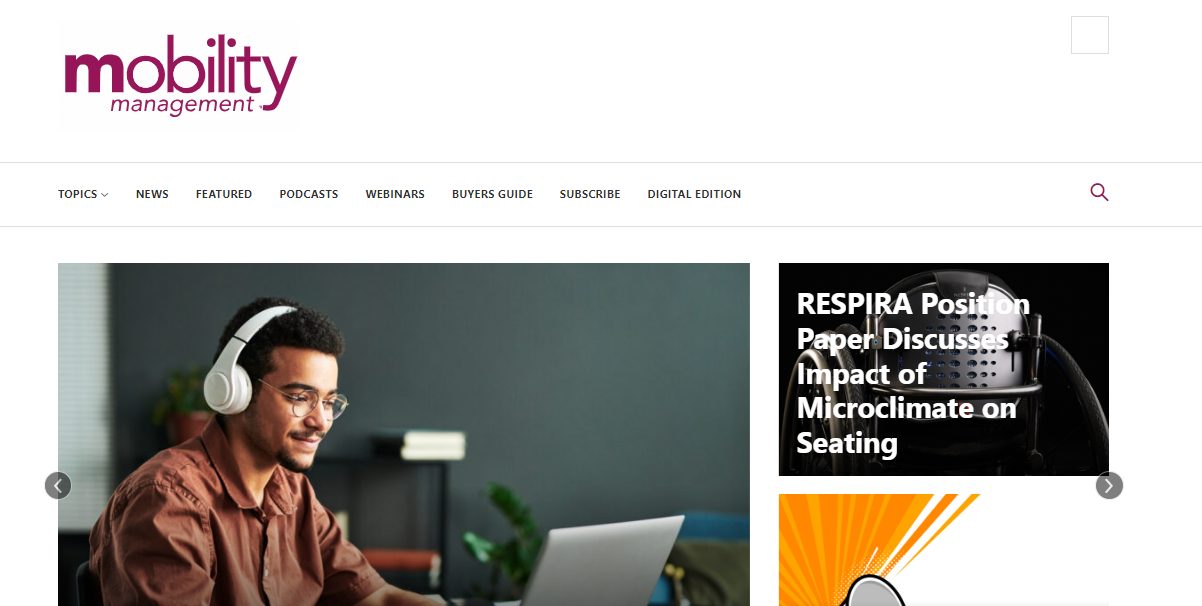
Mobility managers are individuals who collaborate with local communities to develop coordinated transportation programmes.
They also provide free cars to disabled veterans, particularly those who are elderly, disabled or have low incomes, in determining how to use the various modes of public transportation available in their region.
You can get in touch with a mobility manager in your region if there is one, and you can do so through the public transit agency in your area, the Area Agency on Aging, or the Center for Independent Living in your community (CIL).
You may discover a list of state and local programmes maintained by the National Center for Mobility Management online as well.
Public Transportation
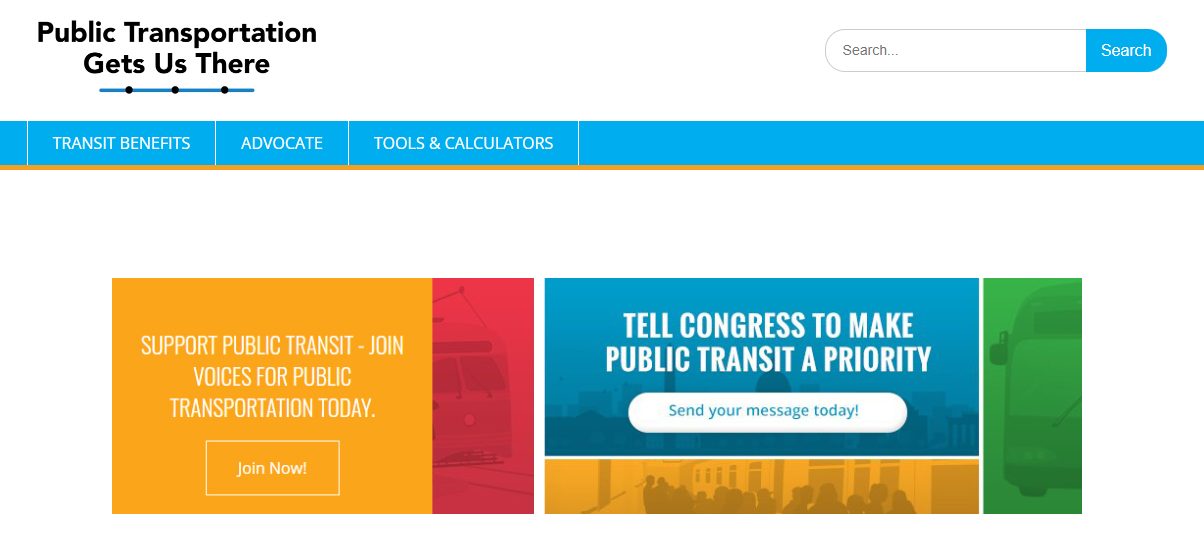
While public transportation may seem obvious, it’s important to consider as many services are accessible for seniors and disabled individuals, offering discounts through government-funded bus and rail networks. However, for those with mobility challenges, public transit may not be ideal despite voucher options being available.
Charitable Donations for the Disabled

Volunteer driver programs, often run by charities, offer free transportation for citizens especially with disabilities, typically requesting small donations for fuel and maintenance. Organizations like the Salvation Army, Catholic Charities, and the Disabled American Veterans (DAV) provide transportation, especially for medical appointments. Donations are optional but appreciated.
Disability Benefits Scheme
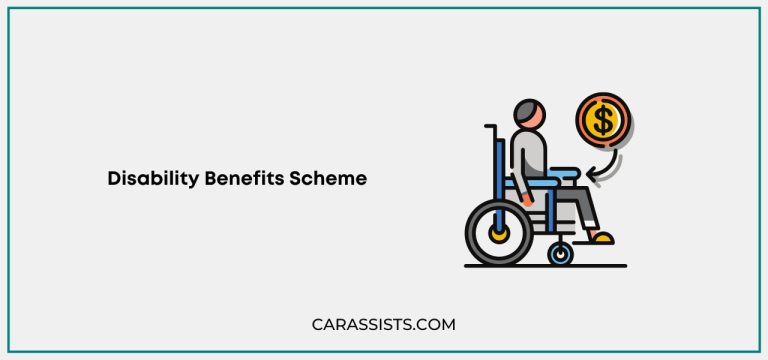
Various sources offer transportation assistance for disabled adults, including local agencies, wheelchair-accessible transit, and paratransit services.
Charities like the Salvation Army and St. Vincent de Paul provide free or low-cost rides. Eldercare Locator (1-800-677-1116) connects disabled individuals with regional transportation and support services.
Government Funding

Government-funded disabled services provide support through local organizations, but eligibility often requires proof that other public programs, like paratransit, are inaccessible.
To qualify, applicants must demonstrate they’re unable to use regular transit options, such as buses or subways, and that other services don’t meet their needs or were attempted unsuccessfully.
Eligibility Requirements
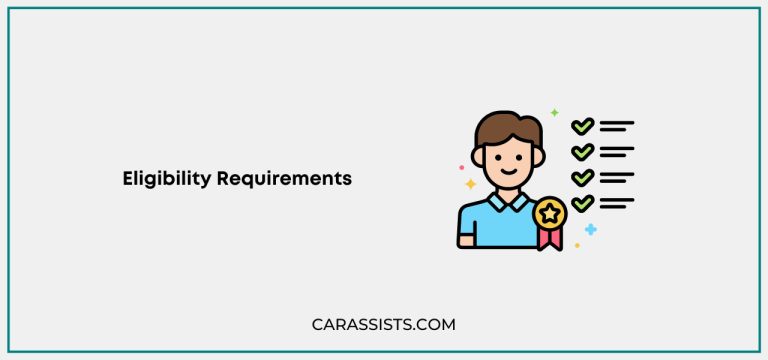
Having discussed various transportation assistance options for disabled caregivers, it’s essential to understand eligibility requirements. Unlike other benefits, disability transportation services typically have minimal requirements, often just proof of age or disability. For disabled individuals, a disability certificate may be necessary if the disability isn’t visible.
The Article Comes to an End
Transportation for disabled individuals can be challenging for caregivers. Fortunately, numerous services exist to ensure dignified, accessible transportation for both disabled and elderly persons. We hope these resources support caregivers in finding reliable transportation solutions for those in their care.

